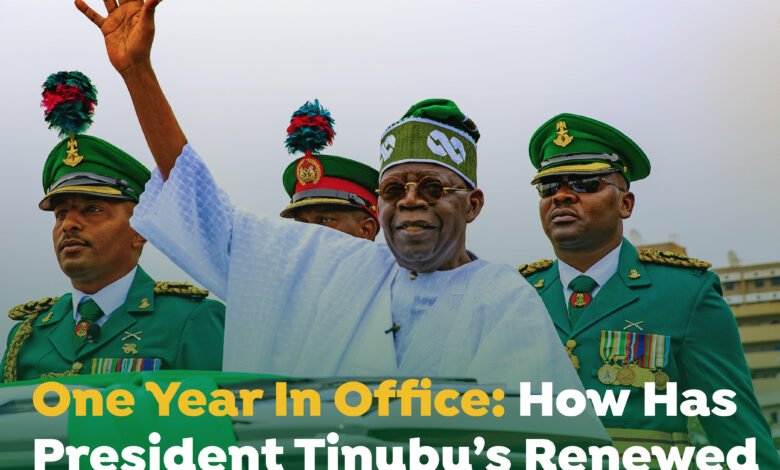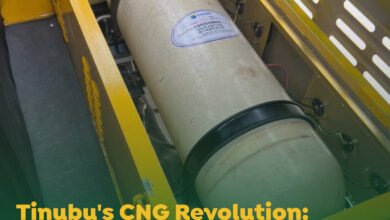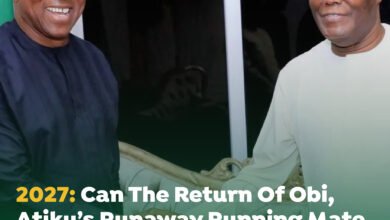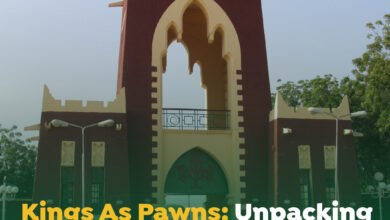
A year ago, former President Muhammadu Buhari officially handed over the baton of power to President Bola Ahmed Tinubu in a colorful ceremony witnessed by World leaders.
The peaceful transfer of power between the two leaders marked a significant moment of democratic transition in a nation that has witnessed and endured military oppression and subjugation in the past.
For the former President Muhammadu Buhari, the handling over ceremony marked his second spell as the country’s head of state having ruled the nation as a military dictator between 1983-1985. Indeed, Buhari’s ascension to the country’s top seat in 2015 marked a historic and symbolic moment for the country’s democratic journey having defeated the incumbent President, Goodluck Jonathan in one of the country’s most consequential elections.
President Bola Tinubu, despite the competitiveness and contentiousness of the 2023 election in addition to the division within the opposition ranks and files, prevailed and emerged the country’s 16th head of state.
His inauguration twelve months ago kick-started his renewed hope administration. And for many Nigerians, the theme of his campaign was enough to ignite something profoundly personal: hope in the Nigeria project was fast fading into oblivion and only a government premised on hope can rescue the country from the tailspin of economic collapse.
‘The Big Elephant in the room ’
In one fell swoop, President Bola Tinubu announced an end to the pernicious fuel subsidy. That single economic decision would ricochet across the country’s nooks and crannies and beyond. But before the election, nearly all the major presidential candidates believed that the subsidy regime had to go as it benefits a select group of people at the detriment of the million of Nigerians.
In 2012, former President GEJ began the phasing out of the removal while former President Buhari continued with the gradual removal of the monster that has gulped trillions of naira from the country’s coffer. In his first official duty as the nation’s head of state, President Tinubu decided to cut off the hydra-headed monster of fuel subsidy regime into tiny pieces. While the removal was desirable by critical stakeholders, analysts believe the post-subsidy plan wasn’t properly implemented thereby causing untoward hardship on vulnerable Nigerians.
They also posited that the decision of the federal government to drag state governments to the Supreme Court over local government autonomy might not be unconnected to the handling of funds meant for local government development, an act federal government believes has stunted and stifled development at the grassroots. In the face of resistance, President Tinubu said his decisions are in the overall interest of the people and the country at large. Analysts contend that the President has three more years to prove his doubters wrong. Salisu Ibrahim believes that the President must protect the goodwill he enjoys from Nigerians by ensuring the dividends of democracy trickle down to them without fear or favor.
By all standards, stakeholders believe the President has scored high in areas of marketing Nigeria globally and that his bold reformations will take time to yield the desired result. They urged Nigerians to keep their hope alive as the President leads the country through turbulent time. Another analyst, Kunle Ajagbe noted that the perennial arrest of journalists by the government must stop otherwise, an hostile media environment is capable of thwarting and undermining the efforts of this administration.





